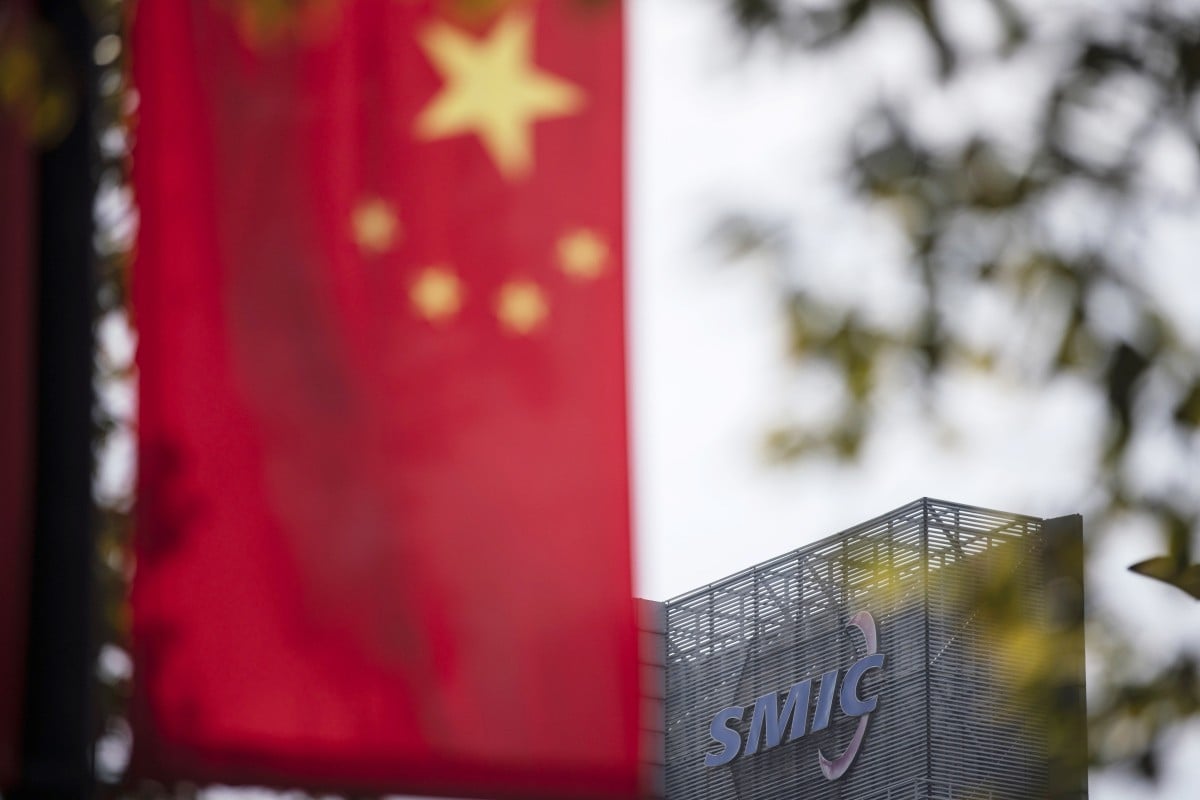September 22, 2023
In the heart of Taiwan, there exists a titan—a beacon of innovation and pride named TSMC. Beyond its stature as the world’s premier semiconductor foundry, it’s a tapestry interwoven into the very fabric of Taiwan’s identity.
Picture this: a world humming with devices—from the smartphone in your pocket, whispering secrets of faraway lands, to the humming servers that breathe life into data centers—all powered by chips that trace their ancestry to TSMC. Yet, TSMC’s legend isn’t just confined to silicon wonders. The economic pulse of Taiwan beats in tandem with the rhythm of this behemoth. Commanding an astonishing 15% of Taiwan’s GDP, it stands as the nation’s lifeblood, its economic cornerstone. Everywhere you tread in Taiwan, TSMC’s footprints are evident. Over 50,000 souls find purpose and passion under its aegis, and beyond them, an intricate web of suppliers and service providers thrive in TSMC’s shade, blossoming and burgeoning.
And it’s not merely about numbers; it’s about the heart and soul of a nation. For the people of Taiwan, TSMC isn’t just a company—it’s a symbol. A testament to their indomitable spirit, their relentless pursuit of excellence. Every chip that rolls out of TSMC’s foundries amplifies Taiwan’s voice, echoing its prowess and potential to distant shores.
TSMC’s Rise to Dominance
TSMC was founded in 1987 by Morris Chang, a Taiwanese-American engineer who is considered the “father of the semiconductor industry.” Chang had the vision of creating a company that would specialize in manufacturing chips for other companies. This was a new concept at the time, as most semiconductor companies designed and manufactured their own chips.

Chang’s vision was successful, and TSMC quickly became the world’s largest semiconductor foundry. TSMC’s success was due to a number of factors, including:
- Its focus on innovation: TSMC is constantly investing in new technologies and manufacturing processes. This allows TSMC to produce the most advanced chips in the world.
- Its commitment to quality: TSMC is known for its high-quality products and its excellent customer service.
- Its close relationships with its customers: TSMC works closely with its customers to understand their needs and to develop chips that meet those needs.
TSMC’s success has had a major impact on the global semiconductor industry. TSMC has helped to make chips more affordable and more accessible to companies of all sizes. TSMC has also helped to drive innovation in the semiconductor industry.
The Tech Cold War and TSMC
The tech cold war between the United States and China is having a major impact on TSMC. The US is pressuring TSMC to stop doing business with China, while China is threatening to invade Taiwan if TSMC does not comply.
The United States is concerned that TSMC’s chips could be used by China to develop military weapons. The US is also concerned that China could use its influence over TSMC to disrupt the global supply of chips. China, on the other hand, is concerned that the United States is trying to cripple its semiconductor industry. China is also concerned that the United States is trying to prevent it from becoming a global leader in technology.

In order to reduce its reliance on China and to appease the US government, TSMC announced in 2020 that it will build a $12 billion semiconductor manufacturing plant in Arizona. The plant is expected to start production in 2024 and will employ over 2,000 people. The construction of the Arizona plant is facing some delays, but it is expected to be completed on schedule. Once the plant is operational, it will produce some of the most advanced chips in the world. The plant will also help to create jobs and boost the local economy in Arizona.
TSMC’s investment in the US is a significant development. It shows that TSMC is committed to the US market and that it is willing to invest in the country’s semiconductor industry. The investment is also a sign that TSMC is trying to diversify its manufacturing base. It remains to be seen how TSMC will navigate the tech cold war between the two superpowers, but the company is well-positioned to weather the storm.
The Rise of China’s Semiconductor Industry
SMIC, the largest semiconductor foundry in China, is making rapid progress in its efforts to catch up to TSMC, the world’s largest chipmaker. In 2023, SMIC achieved a major breakthrough by successfully producing 7nm chips. SMIC took two years to leap from 14nm to 7nm, faster than TSMC and Samsung.

This breakthrough is a significant threat to TSMC’s dominance in the semiconductor industry. SMIC is now able to produce chips that are comparable in quality and performance to TSMC’s chips. This could lead to some of TSMC’s customers switching to SMIC, especially if SMIC is able to offer lower prices. In addition, SMIC is investing heavily in new technologies and new manufacturing facilities. SMIC is planning to build a new semiconductor manufacturing plant in Tianjin. It is expected to start production in 2025 and will have a capacity of 100,000 wafers per month.
SMIC’s new plant in Tianjin will be one of the largest and most advanced semiconductor manufacturing plants in the world. This will give SMIC the ability to produce even more chips and to compete with TSMC on an even scale.
Crafting the Future through Competitive Edge and Deep-Rooted Relationships
In the ever-evolving realm of semiconductors, TSMC’s future trajectory is intricately linked to its unparalleled competitive advantage. This isn’t merely about technological leadership; it’s about a holistic approach that combines cutting-edge research, state-of-the-art manufacturing processes, and a zeal for constant innovation. As newer challenges arise and the demand for more sophisticated chips escalates, TSMC’s entrenched position gives them the vantage point to not just anticipate but also shape market trends. Their prowess in developing processes that others deem years away—like sub-5nm chips—is not just an achievement; it’s a glimpse into the future they’re scripting.
However, technology alone doesn’t paint the complete picture. At the heart of TSMC’s success lies a mosaic of profound relationships—with chip designers, manufacturers, and a plethora of customers. These relationships are not mere transactional ties but deep-rooted partnerships cultivated over decades. TSMC’s collaborative ethos means they don’t just produce chips; they co-create solutions, marrying their technological prowess with the unique needs and visions of their partners. As the future unfolds, this alliance is set to deepen.The semiconductor industry is rapidly expanding into areas like AI-driven solutions and quantum computing. Amidst this evolution, the deep-rooted bond between TSMC and its customers emerges as a cornerstone for success.
Dominating the global semiconductor landscape, TSMC stands unrivaled as the leading semiconductor foundry with a commanding market share surpassing 50%. While TSMC’s revenue streams ripple across continents, it’s North America that emerges as their primary revenue hub, contributing a massive 60% to their overall earnings. Beyond the American shores, Asia and Europe carve out significant niches, reinforcing TSMC’s expansive and influential global footprint.

Safeguarding Tomorrow
TSMC’s future is a tapestry of its competitive strengths and the trust it has nurtured with its clientele. As challenges mount and the technological landscape shifts, TSMC’s dual strengths position them to not just weather storms but also ride the waves of change. Their commitment to innovation ensures they remain ahead of the curve, while their unwavering focus on customer relationships guarantees that they journey forward hand in hand with those who rely on them.
In the grand theatre of semiconductors, TSMC’s future is one of promise and potential, anchored by its competitive moat and enriched by partnerships that transcend business.
For other interesting reads, be sure to checkout GoodWhale.com



